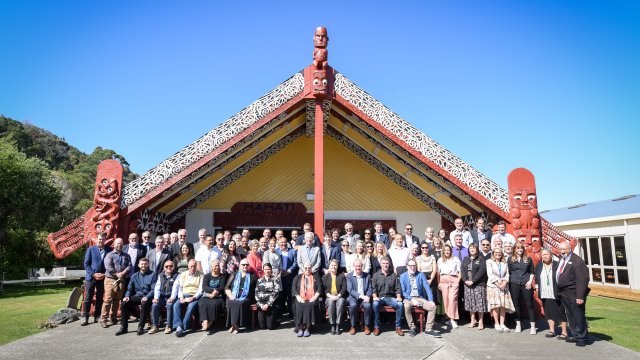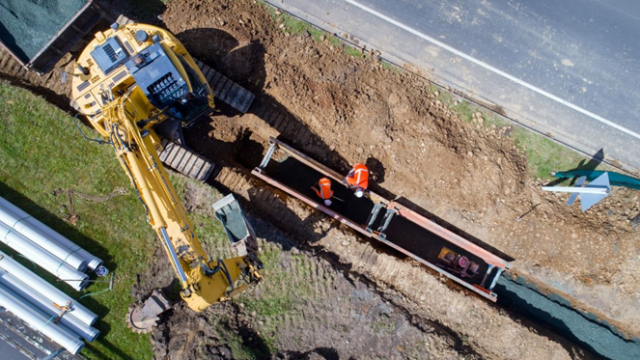Speeding up the region’s infrastructure processes post COVID-19
29/04/2020 2:21pm
Nelson City and Tasman District Councils are streamlining their tendering process for capital physical works projects, allowing a faster return to work on major projects.
To do this, Nelson City Council has made an exception to its Procurement Policy, allowing works worth up to $2 million to be assigned to a selected group of local contractors who have a proven record with the Council, on an equitable basis.
This process will dispense with the more formal tendering procedures, but will still allow for checks and balances, ensuring good value for money for Council and all ratepayers.
A streamlined process will also apply to contracts worth more than $2m, allowing reputable local contractors to price those contracts. Again, there will be checks in place to ensure Council is still getting good value for money.
Nelson’s Group Manager Infrastructure Alec Louverdis said this amendment will save months of valuable time better spent getting Nelson’s economy up and running again as fast as possible.
“We don’t know exactly when we will be able to begin work on all our projects again, but when we are given the go-ahead, we need to hit the ground running.
“Council made a similar decision in 2011, following the extreme rainfall event that devastated the region, so we know we will be able to get going with urgency and help kick-start the economy at a time when our city will need all the help it can get.
“Without a dynamic process, we will be on the back foot at the very time we need to be the most responsive and nimble. This decision will save us many months.”
The core group of contractors who will be carrying out the works have successfully worked with Council before on numerous occasions.
The decision was made in consultation with Tasman District Council, who are adopting a similar approach.
Richard Kirby, Tasman District Council’s Engineering Services Managers says, “our approach aims to see work allocated efficiently and fairly for all contractors in the Nelson/Tasman region.
“We hope to work with a panel of contractors, looking at the projects we intend to do over the next 12 months or so. We’ll be asking them to indicate which they are interested in, then work through a fair allocation process with their involvement. They would need to price the projects they were allocated and we would go through a fair value, due diligence assessment.
“Once this is approved by our Tenders Panel, which can meet at short notice, work could get underway.
“For larger projects, a mini-tender process may be used but we’ll look at that on a case-by-case basis.”
The New Zealand Transport Agency and the Civil Contractors Federation have also been consulted about the change and are supportive of this approach.
Malcolm Edridge, Chair of the Nelson/Marlborough Civil Contractors New Zealand, welcomed working with the Councils, saying members were in full support of the approach, having successfully worked this way in 2011.
“We are more than happy to work with both Councils on how the work will be procured to our members.
“We see our industry as one that can help in the economic recovery of the regions, and the country as a whole.”
In addition to their amended policies, the Councils have also compiled a list of projects that could be fast-tracked. They have been submitted for consideration to the Provincial Growth Fund and to the Crown Infrastructure Partners initiative for “shovel ready” projects.




